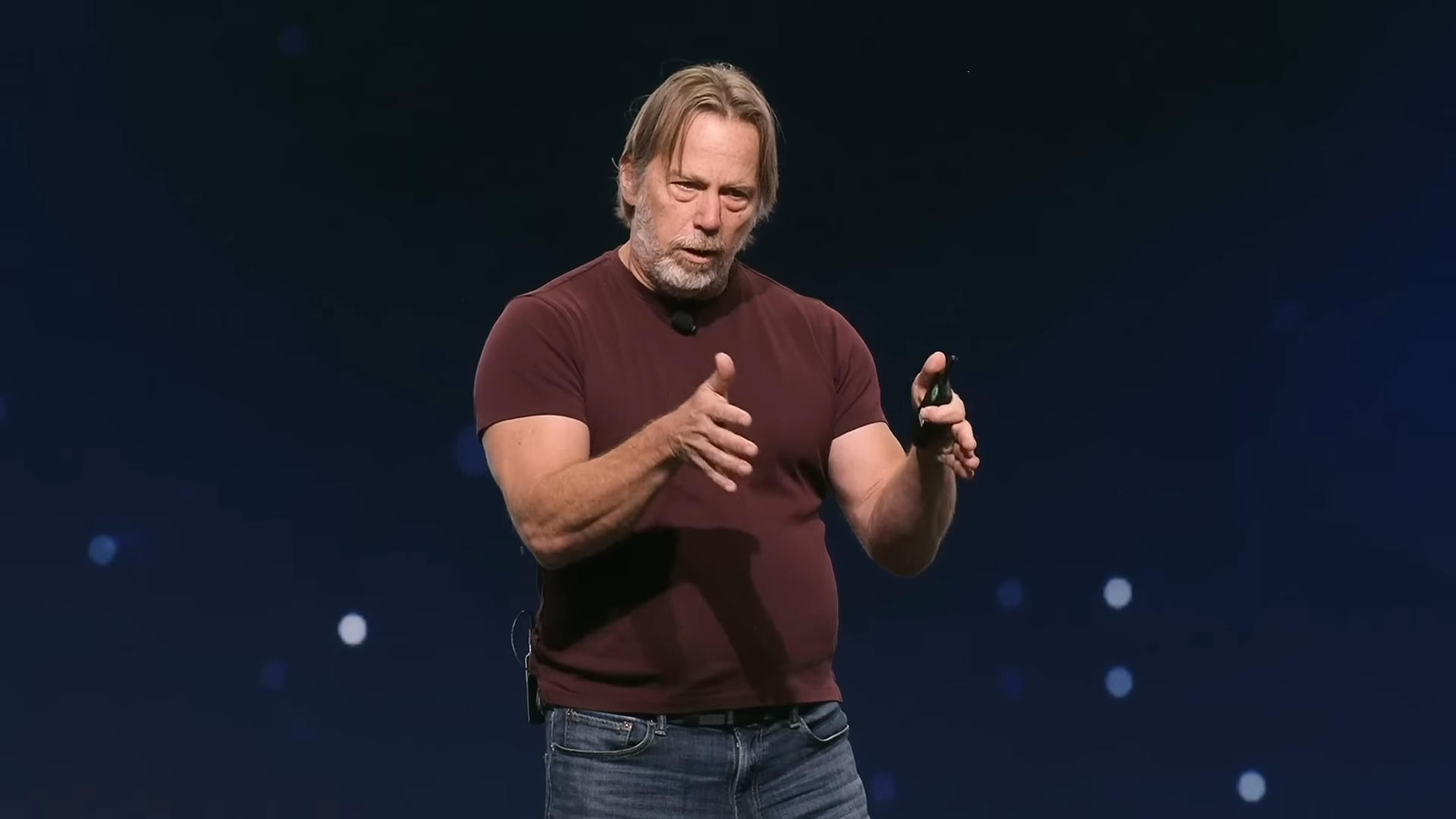The trillion-dollar question: can AI chip shortage be solved without breaking the bank?

OpenAI CEO Sam Altman reportedly wants to raise five to seven trillion dollars for a new global chip infrastructure. A renowned chip engineer would solve the AI chip shortage for a lot less.
"Fk [sic] it why not 8," Altman comments on rumors of his chip ambitions. Chip architect Jim Kellner counters, "I can do it for less than a trillion."

In his long career, Keller has developed chip designs and strategies for AMD, Apple, Tesla, Broadcom, and Intel. He is currently the CEO of Canadian AI hardware startup Tenstorrent.
Keller argues for economic and technical efficiency: First, the AI hardware supply chain needs to be freed from margin stacking. Then the chips would have to be faster and adapted to the capabilities of the software.
"That is harder but doable," Keller writes. His AI hardware startup is working on the problem, developing its own AI processor.
Altman's alleged funding plan for a global AI chip infrastructure far exceeds the current valuation of the global semiconductor industry, which is estimated at $1 trillion by 2030.
Not enough energy: AI must become more efficient
Keller does not expect the world's energy supply to grow exponentially. Solutions will have to be found within today's limits, he says.
Altman also believes that developing advanced AI systems will require more energy. The OpenAI CEO is looking to new technologies such as nuclear fusion.
In addition to Keller, Nvidia CEO Jensen Huang recently called for faster computers instead of more computers. Otherwise, humanity will one day need "14 planets, three galaxies, and four more suns to fuel all this," Huang said at the World Governments Summit.
Pointing to Nvidia's advances in AI chip performance, Huang suggests that faster chips do not necessarily require more chips. This in turn would mean that not much new infrastructure, such as chip fabs, would be needed.
Altman probably takes these increases in power and efficiency into account. But even so, he expects that his long-term goal of training and deploying artificial general intelligence (AGI) will require much more computing power than is available today.
Moreover, the Wall Street Journal's figure of five to seven trillion dollars was given without any further context, such as the time horizon. Altman may have deliberately exaggerated the figure to create a substantial seed capital that is still well below the long-term target budget. His tweet mentioned at the beginning of this article shows that he does not take the number itself very seriously.
AI News Without the Hype – Curated by Humans
As a THE DECODER subscriber, you get ad-free reading, our weekly AI newsletter, the exclusive "AI Radar" Frontier Report 6× per year, access to comments, and our complete archive.
Subscribe nowAI news without the hype
Curated by humans.
- Over 20 percent launch discount.
- Read without distractions – no Google ads.
- Access to comments and community discussions.
- Weekly AI newsletter.
- 6 times a year: “AI Radar” – deep dives on key AI topics.
- Up to 25 % off on KI Pro online events.
- Access to our full ten-year archive.
- Get the latest AI news from The Decoder.